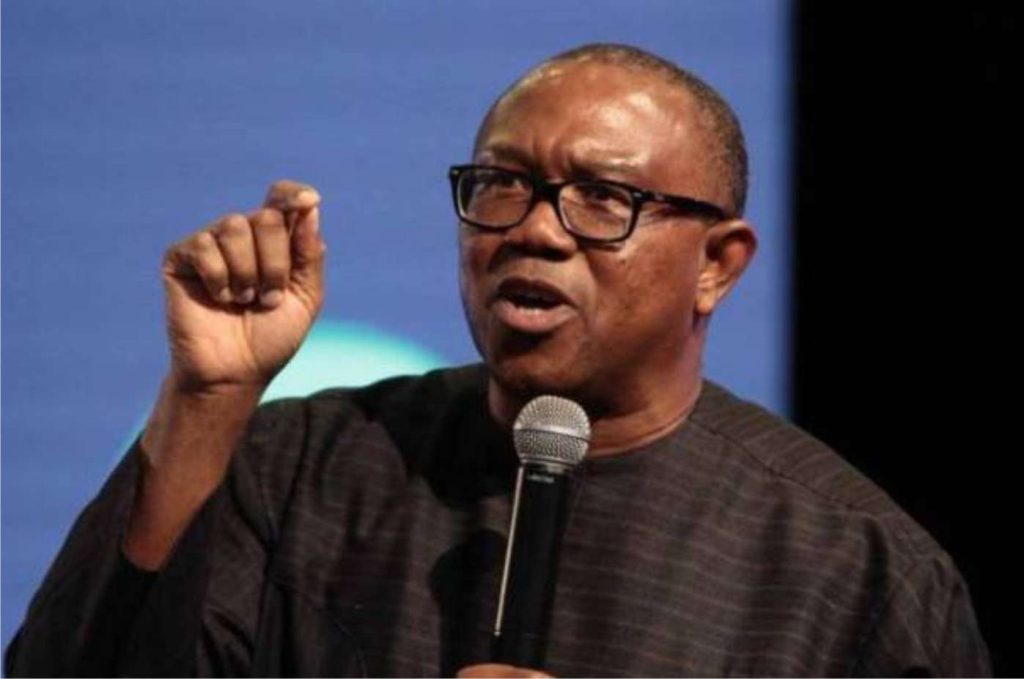The presidential candidate of the Labour Party (LP) in the 2023 general elections, Peter Obi, has blamed the massive departure of multinational companies from Nigeria on bad leadership.
According to Obi, these exits have had serious economic impact on the country, with a loss of N95 trillion in the past five years. He pointed out various reports citing reasons such as insecurity and high energy costs.
Obi called for urgent action to create a business-friendly environment by addressing security, policy stability, and energy costs. Obi emphasises transparency, accountability, and good governance to foster economic growth that benefits all Nigerians.
The former Governor of Anambra state wrote on X:
“I am compelled to address the alarming exodus of multinational companies from Nigeria, which has cost our nation a staggering N95 trillion in the past five years.
“According to The New Telegraph, in the last year alone, over ten multinational giants such as GlaxoSmithKline, Equinor, Sanofi-Aventis, Bolt Food, Procter & Gamble, Jumia Food, PZ Cussons, and Kimberly-Clark, Diageo and others, have exited Nigeria, citing eerily consistent reasons.
“According to The Punch, “Multinational firms exit Nigeria over harsh business climate.” The Guardian reports, “Insecurity, high energy costs force companies to leave Nigeria.” The Nation states, “Poor business environment, inconsistent policies drive companies out of Nigeria.”
“These companies have highlighted the same problems across the board. It is clear these issues are not coincidental but symptomatic of a larger governance problem. Why are we not facing and solving these problems head-on?
“The responsibility lies with our leadership, those we put in charge to urgently address these challenges. Tackling these issues requires creating a business-friendly environment that fosters investment, innovation, and growth.
“This includes prioritising security, stabilising our policies, and reducing energy costs. We must also cultivate a culture of transparency, accountability, and good governance. We can build an economy that benefits all Nigerians, not just a privileged few.
“Let us unite to transform Nigeria into a nation conducive to business, attractive to investment, safe and prosperous for all citizens. Together, we can make Nigeria a beacon of hope and progress in Africa and the world.
“A new business friendly Nigeria is possible.”

